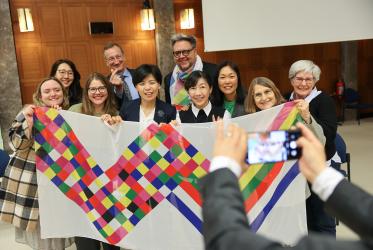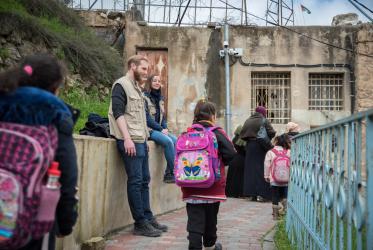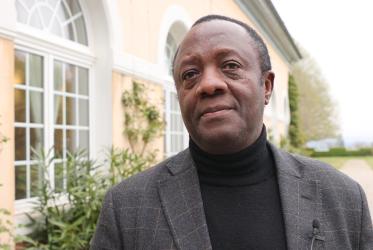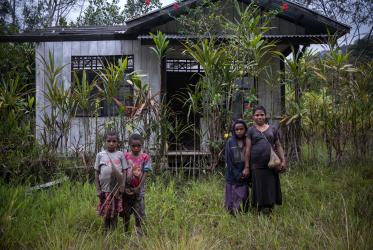Displaying 101 - 120 of 390
29 March 2023
Zur Verwandlung aufgerufen Ökumenische Diakonie
15 February 2023
HIV dan AIDS, Jejaring Masyarakat Sipil serta Sektor Lintas Agama
Pelajaran dari keterlibatan strategis di Indonesia, India, Republik Dominika, dan Jamaika
13 February 2023
Redes de la sociedad civil en VIH y SIDA y actores religiosos
Lecciones aprendidas del involucramiento estratégico en la India, República Dominicana, Indonesia y Jamaica
07 February 2023













